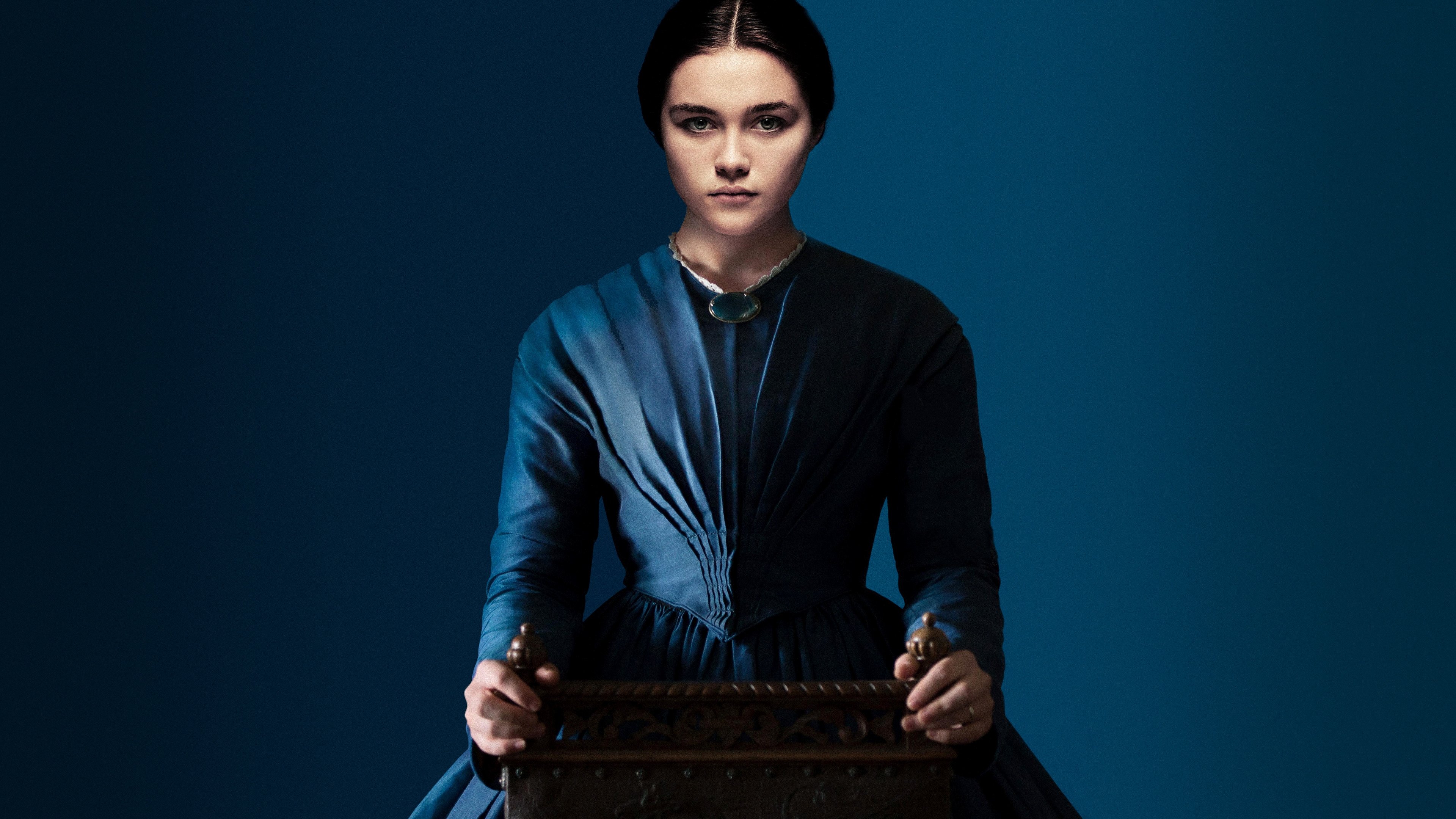
Lady Macbeth
Rural England, 1865. Katherine, suffocated by her loveless marriage to a bitter man and restrained by his father's tyranny, unleashes an irresistible force within her, so powerful that she will stop at nothing to get what she wants.

Reno@Rangan
**There's no one to stand against her!**
Based on the Russian novel of the same name. My first guess was it going to be a boring periodic drama. After knowing about the film plot, I anticipated a storyline just like 'Moliere', but what I saw was a dark and twisted tale. I was really surprised to see a film like this. Enjoyed it though. This is not a good film from the moral value aspect. But film is a film, sometimes it just depicts the real life, even it is a fictional, surely it would have had taken place without the world knowing it.
Katherine, aka Lady Macbeth, a newly married young woman, but that's not an ideal life any couples want to live. Discarded by her husband, she finds a secret lover among the staffs of the house to satisfy her sexual urges. As expected, it does not go well when gossips comes out. Following the consequences, how the rest of the story unfolds was told with a series of twists.
I liked simple settings. Maybe because it was a rural tale, but was so perfect. Florence Pugh has a potential to be a big star. The same goes to the director as well. This is her first film for me. She single handedly made this film look good. Not the year's most anticipated film, but definitely worth a watch. The Russian style British tale. One of the best films from such theme.
_7/10_

CinemaSerf@Geronimo1967
Florence Pugh is quite effective in this story of "Katherine", trapped in a loveless and sterile marriage with "Alexander" (Paul Hilton) who, with his father "Boris" (Christopher Fairbanks) treat her with a mixture of tolerance and contempt. The solution to her insatiety looks like it might come from their swarthy farm hand "Sebastian" (Cosmo Jarvis) and when the husband has to leave for an extended time, she discovers a sense of happiness and fulfilment that disbars any thoughts of returning to her former life of obedience and boredom - regardless of how dangerous that may be. This has nothing whatsoever to do with the Scottish play, nor with any of it's characterisations so don't expect any similarities - beyond the fact that "Katherine" soon emerges from her fragile cocoon to become a determined - and dangerous - creature bent on securing her happiness and freedom at any costs. The one thing you will notice is the distinct lack of a soundtrack. There is plenty of pretty Northern English scenery to drink in, but when there is no dialogue (especially scenes in the forest) the only sounds we hear are of nature. The ending, I found particularly fitting for her by this stage rather unlikeable character and it is quite a telling depiction of just how completely ineffective 19th Century British policing was!
